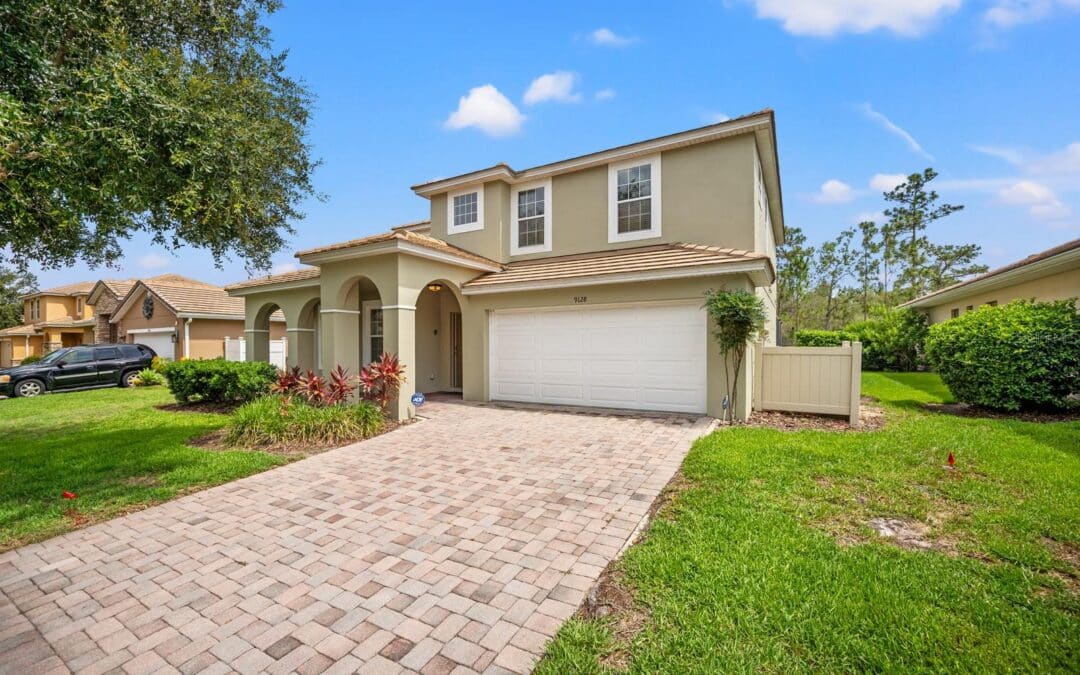Tips to Understand Property Taxes as a Buyer
Understanding the important part:
Tips to Understanding Property Taxes as a Buyer: A Simple, Smart Guide
Buying a home is exciting—but one important cost often overlooked is property taxes. These annual expenses are part of owning a home and crucial to understand before making a purchase. Here’s a friendly, easy-to-follow guide to property taxes for home buyers, using common keywords and clear explanations.
What Are Property Taxes?
Property taxes are fees paid to your local government (city, county, school district) based on your home’s assessed value. This money helps pay for public services like schools, roads, parks, and emergency services.
How Property Taxes Are Calculated
- Assessed Value
- The assessor estimates the value of your home (typically based on sales of similar homes in the area).
- Tax Rate
- Also called a “millage rate,” this number varies depending on your area’s local needs.
- Annual Tax Bill
- Multiply the assessed value by the tax rate.
- Example: A $300,000 home with a 1.2% tax rate = $3,600 per year.
Why Property Taxes Matter for Buyers
- Monthly Costs: Property taxes are part of your monthly mortgage payment (into an escrow account).
- Budget Planning: Don’t be surprised by annual increases—budget for them upfront.
- Home Affordability: Higher taxes can affect how much home you can afford.
Tips to Know Before You Buy
- Check Local Tax Rates
- Look up tax rates in your target neighborhood. Websites for your city or county will list them.
- Ask for the Seller’s Latest Tax Bill
- This shows exactly what the current homeowners are paying.
- Watch for Reassessments
- If home values rise, assessments and taxes may go up. Some states have limits on how much the value can increase each year.
- Consider Exemptions and Discounts
- Some buyers may qualify for:
- Homestead exemption (primary residence)
- Senior or veteran exemptions
- Green home credits
Ask your local tax office or your RE/MAX Heritage agent for help.

Common Tax Questions Answered
Q: Do taxes vary between neighborhoods?
A: Yes. Even with the same home value, tax rates differ depending on local services and budgets.
Q: Are property taxes tax-deductible?
A: As of 2025, U.S. buyers can deduct up to $10,000 ($5,000 if married filing separately) in property and state income taxes. Check IRS rules or tax advisor advice.
Q: What if a home’s value drops?
A: You can appeal for a reassessment if your home’s market value decreases. Talk to the county assessor’s office about the process.
How Property Taxes Affect Your Monthly Mortgage
Mortgage lenders often require an escrow account to cover property taxes and insurance. Each month, part of your mortgage payment goes into escrow, and the bank pays your taxes when they’re due. This helps spread the cost evenly rather than paying lump sums.
Final Thoughts: Stay Smart and Prepared
Understanding property taxes as a buyer helps you budget wisely and avoid surprises. These annual costs are a regular part of home ownership, but with the right preparation, they shouldn’t stop you from buying the home you love.
Connect With an Expert Today!






















